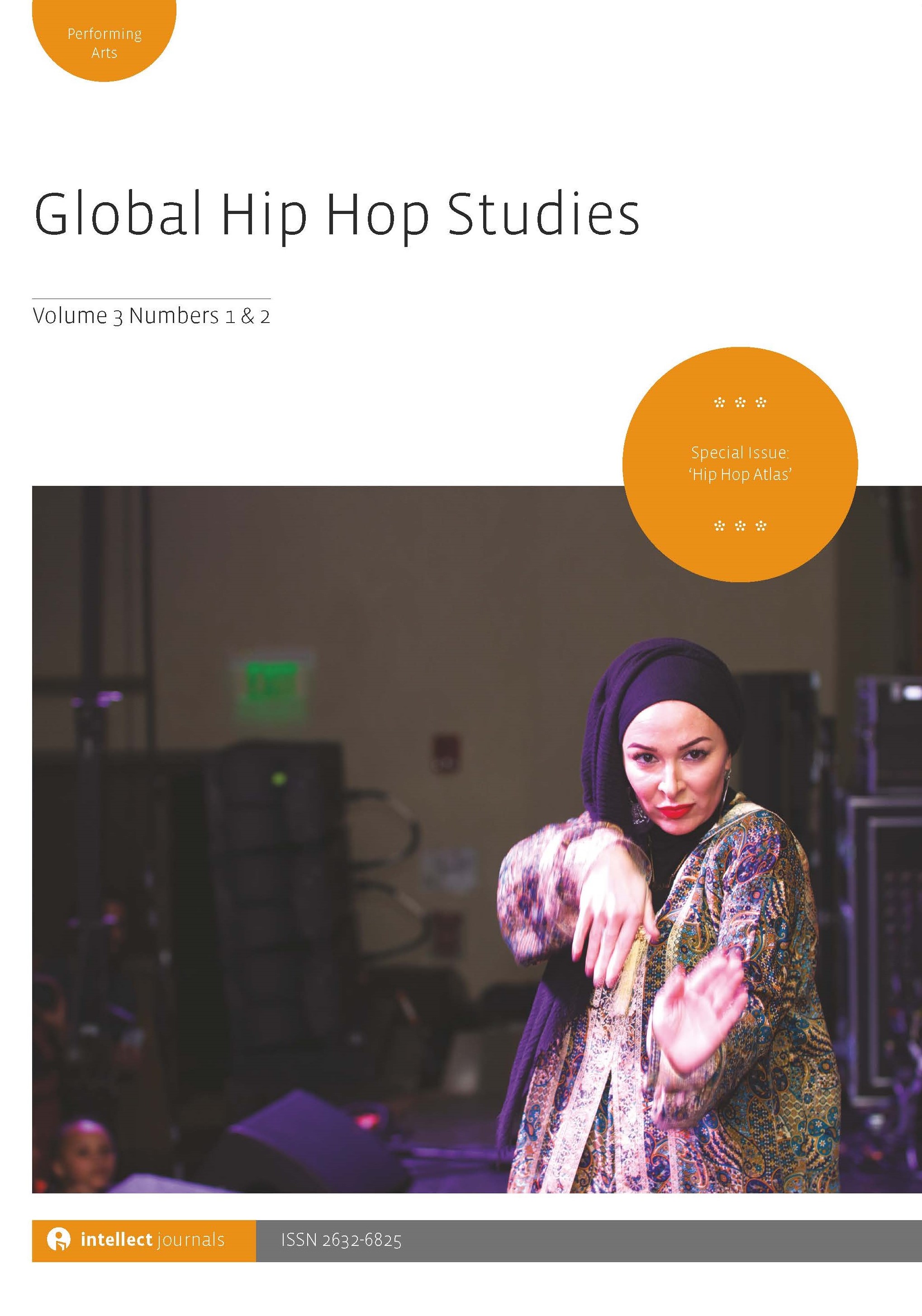-
oa Brazil
- Source: Global Hip Hop Studies, Volume 3, Issue 1-2: Hip Hop Atlas, Dec 2022, p. 33 - 39
-
- 01 Feb 2022
- 01 Nov 2022
- 20 Dec 2023
Abstract
The story of hip hop in Brazil is one of empowerment among primarily disenfranchised youth of African and mixed racial heritage. Hip hop’s conquest is less a story of ghetto superstars and much more about overall recognition – hip hop as Brazilian culture. Over the years hip hop has grown to embrace ever-widening demographics and identities, mixing styles and (sub)urban geographies across the country. What is perhaps most impressive is the general pride among fans and artists that hip hop is a culture (and not just music) and thus a source of education, belonging and identity. Following legends, such as KRS-One, Afrika Bambaataa and local icons, Nelsão Triunfo and King Nino Brown, upstarts and veterans continue to shout ‘I am hip hop’ as their mantra. This article is a brief overview of historical and contemporary themes in Brazilian hip hop informed by over twenty-five years of anthropological fieldwork in the city of São Paulo, the indisputable centre of hip hop cultural production of Brazil.



